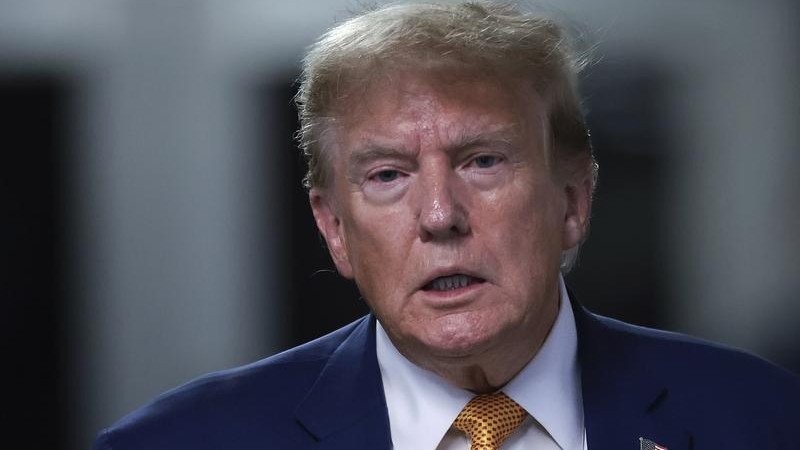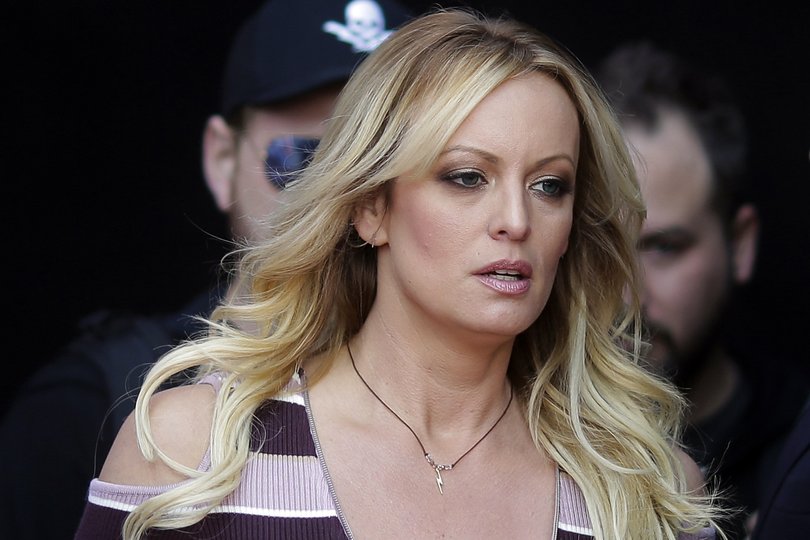Donald Trump trial: Plenty of circumstantial evidence, but prosecutors need Michael Cohen to seal the deal
Donald Trump’s criminal trial, soon to enter its fifth week, has felt like drawn-out foreplay. Circumstantial evidence abounds; but, ultimately, the climax in this trial will depend on the testimony of one man.

Donald Trump’s criminal trial, soon to enter its fifth week, has felt like drawn-out foreplay.
There have been moments of frisson. But as with any such encounter that stretches on and on, arousal waxes and wanes, prompting a few fateful questions. Where is this going? Hurry it up already?
Ultimately, the climax of this trial will depend on the testimony of one man: Michael Cohen, Mr Trump’s former lawyer. And he is not due on the witness stand for several days yet.
Sign up to The Nightly's newsletters.
Get the first look at the digital newspaper, curated daily stories and breaking headlines delivered to your inbox.
By continuing you agree to our Terms and Privacy Policy.Instead this week jurors heard from Stormy Daniels, a former porn star and current host of the gay-dating show “For the Love of dilfs”.
The felony charges against Mr Trump stem from a payment that Mr Cohen made to Ms Daniels before the 2016 presidential election, to keep her story of sex with the then-candidate out of the press.

Her description of that encounter in 2006—which Mr Trump denies—was salacious. There was talk of spanking and missionary position. The defence tried to paint her as a money-grubbing extortionist, to which she replied matter-of-factly: “Don’t we all want to make more money in our jobs?”
At times Ms Daniels’s story strayed far from the alleged felonies.
Prosecutors must show that Mr Trump ordered Mr Cohen to front the hush money and mislabelled business records to mask its reimbursement.
Only three people can attest to that: the defendant himself, who denies it and has no obligation to testify; Mr Cohen; and Allen Weisselberg, a former executive at the Trump Organisation who is in prison and not expected to take the stand. So Mr Cohen’s credibility will be decisive.
In the meantime, prosecutors have supplied heaps of circumstantial evidence suggesting that Mr Trump was in on it.
They played a recording of him and Mr Cohen discussing a separate, similar payment to a former Playboy model.
They asked underlings to describe how, as a micromanager, he personally approved cheques like those he made out to Mr Cohen for the alleged reimbursement.
Then they quoted from his own advice books: “I always sign my cheques, so I know where my money’s going.”
This article first appeared on The Economist.
